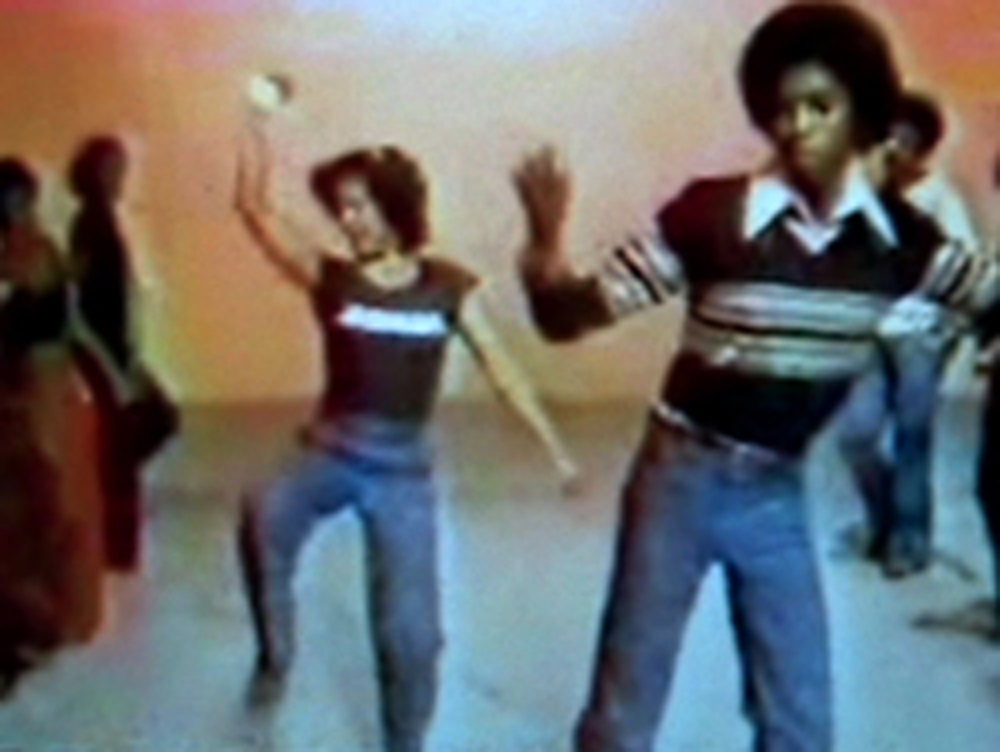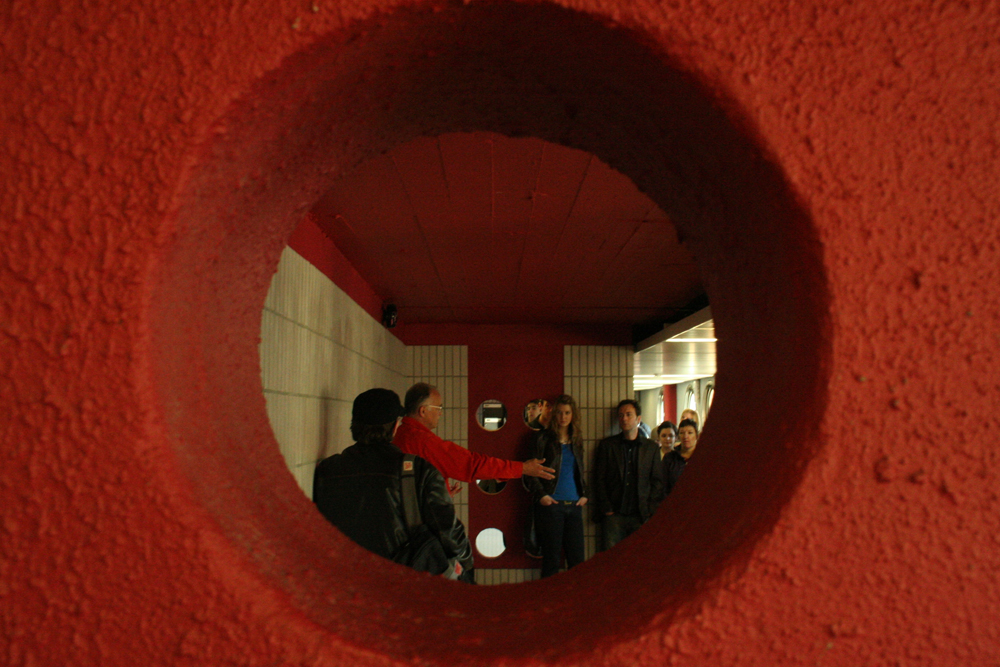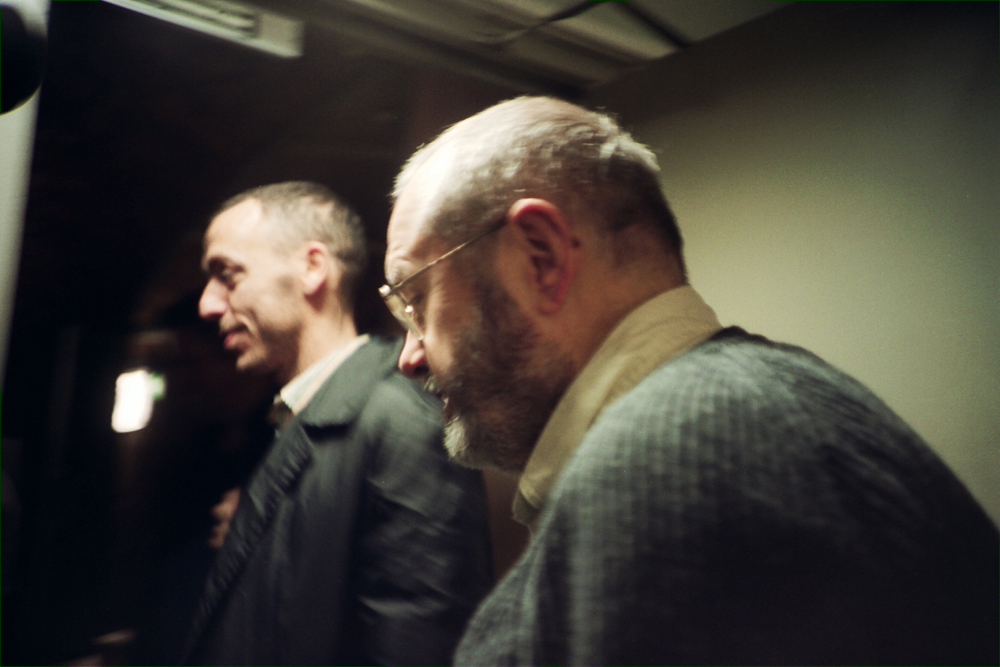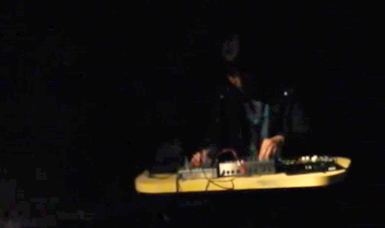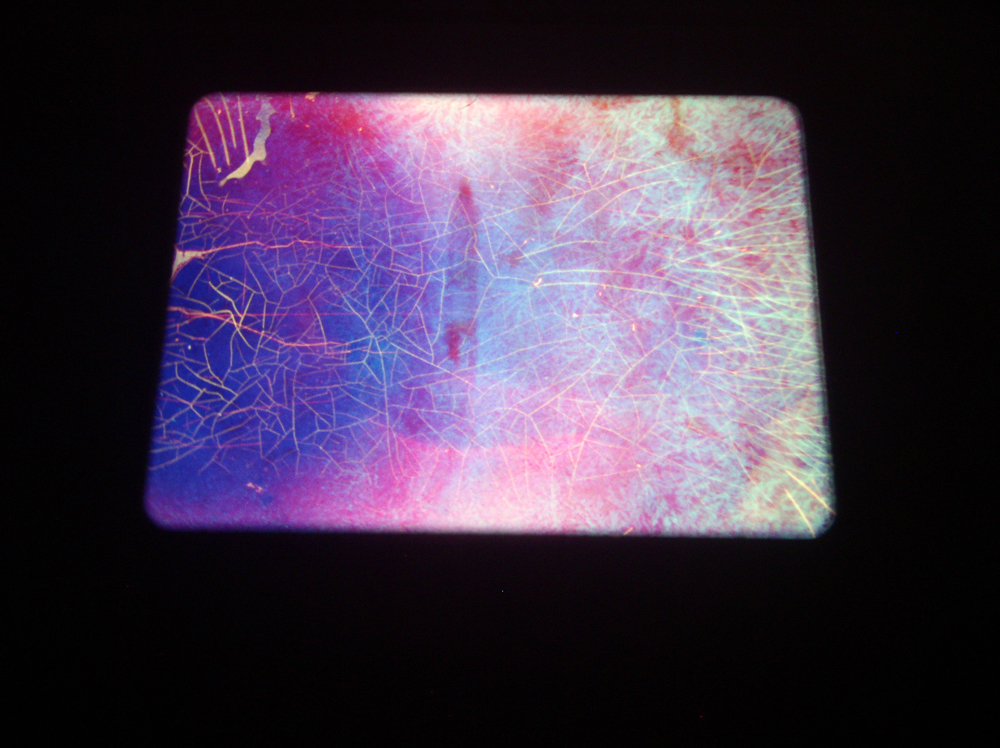
TLRS Morning Show
Laurence Rassel Terre Thaemlitz
(Cyber)feminist, non-essentialist transgender and queer daily radio shows using the formula of morning radio as an arch way of thinking about the scripted behaviour and controlled empathy of systematic care.








